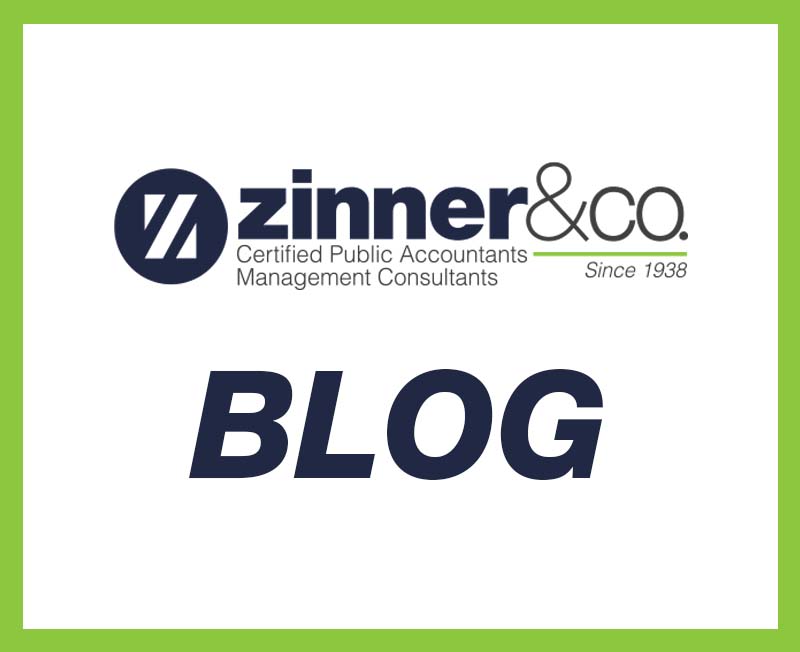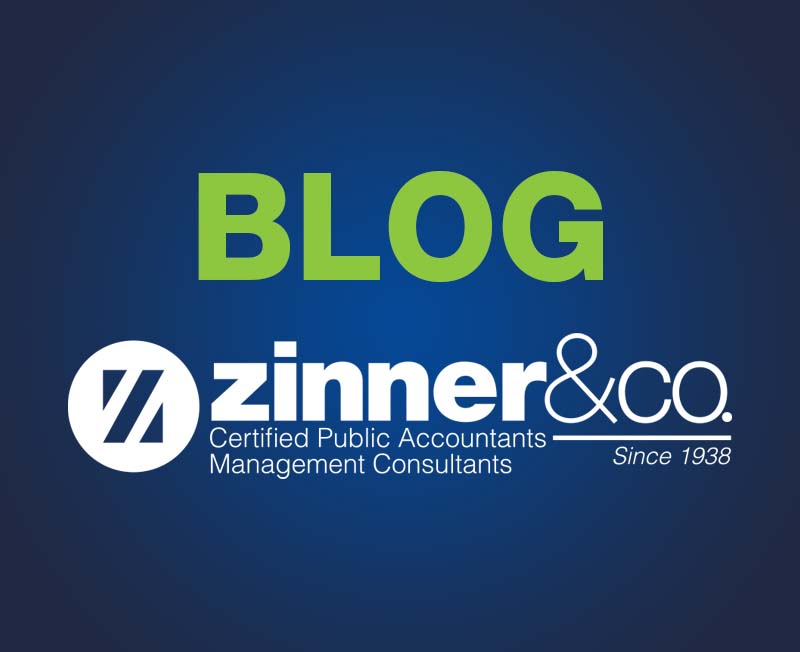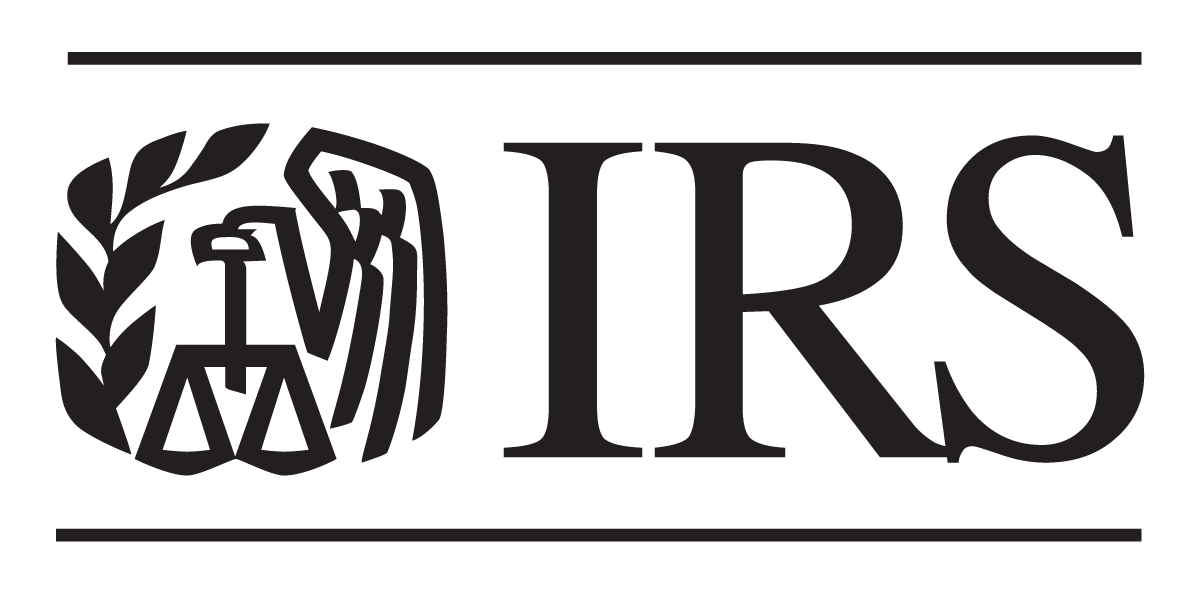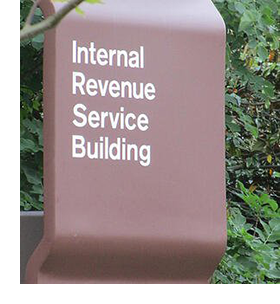In late May, the Internal Revenue Service enhanced the Where's My Refund? tool on their website.
This new feature allows taxpayers to check the status of their refunds for current tax year and two previous years.
In order to check their refund status, taxpayers will need to provide their Social Security number or ITIN, filing status and expected refund amount from the original filed tax return for the tax year they are checking.
Previously, Where's My Refund? only displayed the status of the most recently filed tax return within the past two tax years. Information available to those calling the refund hotline will be limited to the 2021 tax return.
Using the Where's My Refund? Tool, taxpayers can check the status of their refund within:
• 24 hours after e-filing a tax year 2021 return
• Three or four days after e-filing a tax year 2019 or 2020 return
• Four weeks after mailing a return
The IRS reminds taxpayers that the Online Account continues to be the best option for finding their prior year adjusted gross income, balance due or other type of account information.
“We encourage those who expect a refund, but requested an extension, to file as soon as they're ready,” said IRS Commissioner Chuck Rettig. “We process returns on a first-in basis, so the sooner the better. There's really no reason to wait until October 17 if filers have the relevant information to file now. Free File is still available for extension recipients to use to prepare and file their federal tax return for free.”
Electronic filing is available anytime and the IRS continues to receive returns and issue refunds. Once taxpayers have filed, they can track their refund with the Where's My Refund? tool.
This helpful tool, accessible on irs.gov or the IRS2Go mobile app, allows taxpayers to track their refund through three stages – received, approved and sent.
The tool is updated daily and gives taxpayers a projected refund issuance date as soon as it is approved.
The IRS does not recommend taxpayers call them to check on their refund status unless it has been more than 21 days since the return was filed or the tool says the IRS can provide more information.
If the IRS needs more information to process the return, the taxpayer will be contacted by mail.
For more information about checking the status of a tax refund, please visit irs.gov/refunds.










